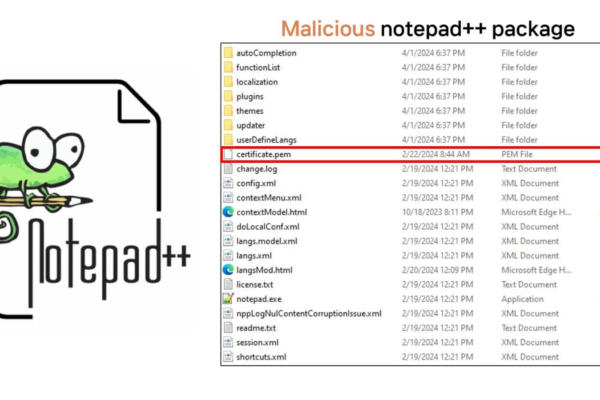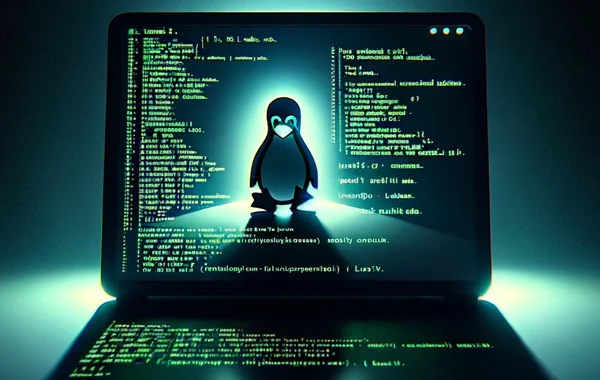
Massive boAt Data Breach: 7.5 Million Customers Data Exposed
Personal data belonging to over 7.5 million customers of boAt, a leading Indian consumer electronics brand, has been compromised and is now circulating on the dark web. This breach has exposed many personally identifiable information (PII), posing significant risks to affected customers and raising serious concerns about the company’s data security measures. Overview of the…








